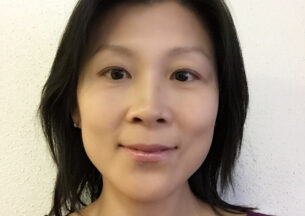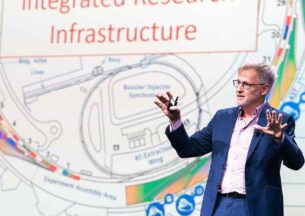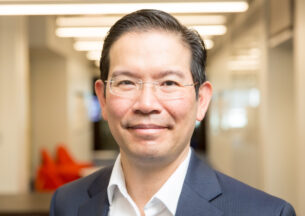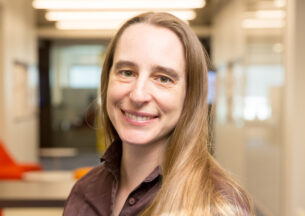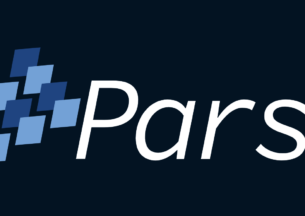Ryan Kastner (UC San Diego) - Cyber-Physical Systems for Large Scale Mapping of Archaeological Sites
Developing, Prototyping, and Deploying Cyber-Physical Systems for Large Scale Mapping of Archaeological Sites
The emergence of unique sensors, efficient computational platforms, and fast prototyping tools provides immense opportunities to develop intelligent systems for the documentation of archaeological sites. This talk describes our trials, tribulations, and successes in creating cyber-physical systems that generate 3D models of archaeological sites around the world. The talk focuses on our efforts to map Maya archaeological sites, in particular, creating large-scale 3D models of their extensive excavations. Utilizing state of the art imaging sensors and computational platforms, we crafted several generations of prototypes that quickly create high resolution models of the excavations and enable their viewing in virtual reality and other 3D visualization environments.
Host: Fred Chong
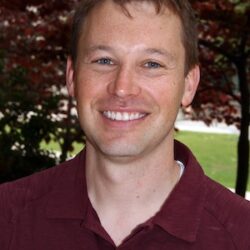
Ryan Kastner
Ryan Kastner is a professor of Computer Science and Engineering at UC San Diego. His research is broad, varied, ever-changing, and hard to summarize, but for the sake of this talk it is focused on the development of custom cyber-physical systems. He co-founded and co-directs the Engineers for Exploration program (http://e4e.ucsd.edu), which partners with archaeologists, biologists, ecologists, and marine scientists to create unique cyber-physical systems with the goal of furthering their scientific research. This program has involved hundreds of undergraduates over the past decade and is the foundation of an NSF Research Experience for Undergraduate site that will start its eight year in Summer 2020. We are always looking for outstanding undergraduates (applications open in January!). His alternative and completely non-relevant (for the sake of this talk) research interests focuses on hardware security, where he and his collaborators developed some of the earliest work on FPGA security, 3D integrated circuit security, and hardware information flow tracking. His work on gate level information flow tracking is being commercialized by the company Tortuga Logic, which he co-founded. He won’t talk about anything security related, but he is happy to discuss it on a one-on-one basis. His most recent interests involve mentoring infants to become engineers; these efforts are solely focused on his 1.5 year old daughter. It turns out he is learning a lot more from her than he is teaching her, in particular, the art of storytelling, reciting of ABCs and 123s, and playing of hide and seek. He will talk your ear off about this, so bring that up at your own risk. If you really care to know more, see http://kastner.ucsd.edu/ryan/about-me/.







